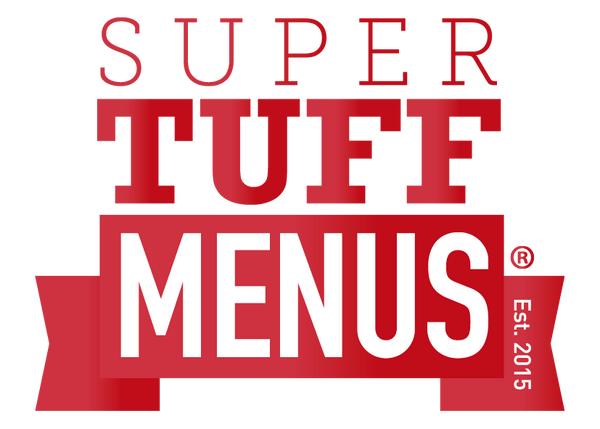Food waste amasses to billions of pounds each year, with a large chunk being associated to the food preparation stage. Menu Engineering can largely reduce your overheads!
If your ingredients aren't fresh and at their best, your quality can really suffer. It therefore makes sense that great chefs ensure anything but the best is thrown out - but this could be costing you unnecessary costs as your inventory goes into the bin. To further the wastage headache, you have to take into account human error: dropped items, spilled items, mistakes in the cooking process causing the whole dish to be restarted, etc etc.
Back in 2016, it was estimated by 'WRAP' that food waste in the UK hospitality industry would reach 3 billion pounds, and they reckoned about 45% of that would be through the preparation stage. That's a lot of wastage!
Back in 2016, it was estimated by 'WRAP' that food waste in the UK hospitality industry would reach 3 billion pounds, and they reckoned about 45% of that would be through the preparation stage. That's a lot of wastage!
How can Menu Engineering help?
We've put together a few helpful blog posts on Menu Engineering that could help tackle this issue.
Check out:
https://www.supertuffmenus.com/menu-engineering-cost-your-menu
When costing your menu, it's not simply about how much each ingredient costs. Ideally, ingredients should span across multiple dishes. If you've got a unique ingredient (let's pick something like radishes) only used in one dish, it means that you may find yourself throwing many spare radishes out if the dish isn't popular that day - or potentially running out of stock for that individual dish. By insuring your ingredients are used in multiple dishes, you're likely to reduce potential waste and improve efficiency.
https://www.supertuffmenus.com/menu-engineering-magic-rule-of-seven
Another great rule, is the magic rule of seven. Cutting down sections to no more than seven items may streamline complex menus and further reduce item wastage. Smaller menus tend to mean less ingredients needed, less storage required and less overall wastage.
Check out:
https://www.supertuffmenus.com/menu-engineering-cost-your-menu
When costing your menu, it's not simply about how much each ingredient costs. Ideally, ingredients should span across multiple dishes. If you've got a unique ingredient (let's pick something like radishes) only used in one dish, it means that you may find yourself throwing many spare radishes out if the dish isn't popular that day - or potentially running out of stock for that individual dish. By insuring your ingredients are used in multiple dishes, you're likely to reduce potential waste and improve efficiency.
https://www.supertuffmenus.com/menu-engineering-magic-rule-of-seven
Another great rule, is the magic rule of seven. Cutting down sections to no more than seven items may streamline complex menus and further reduce item wastage. Smaller menus tend to mean less ingredients needed, less storage required and less overall wastage.

